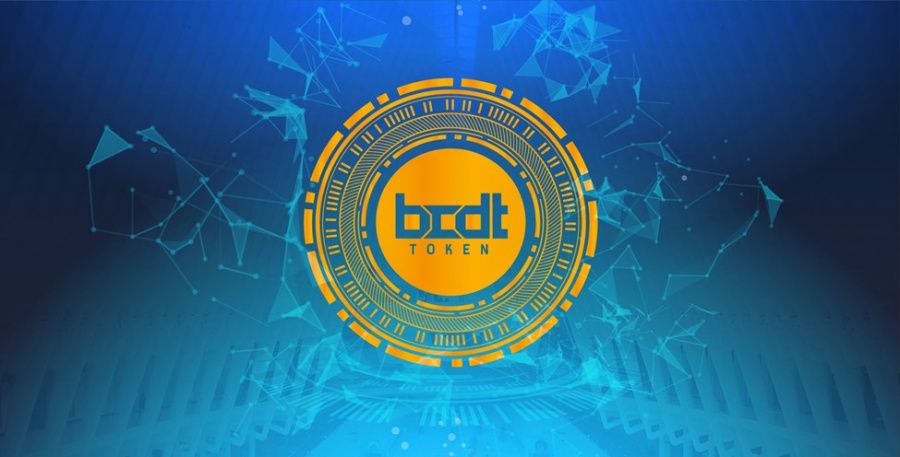BCDiploma Introduces Education and Data Certification Blockchain Solution

Paris-based tech firm BCDiploma has announced a breakthrough solution that proposes to provide learning institutions around the world with a blockchain framework to help verify and validate education and data authenticity.
Tackling the Growing Problem of Degree Fraud
Recent studies, such as that by the Times Higher Education, are showing that there are far more fake institutions selling fake degrees than there are genuine ones, with the majority of them peddling their false education certifications online.
As the cost of education worldwide also grows, other studies suggest that more and more students and job seekers are considering buying fake degrees or lying about their qualifications to land a job.
Some governments, such as those of the UK and France, have embarked on significant projects to help authenticate education data in an effort to protect the reputation of their universities, as well as to protect employers and graduates from degree fraud. For HR practitioners particularly, there is a lack of a reliable method to verify the degrees of candidates.
Leveraging the security and sophistication of the Ethereum blockchain, the BCDiploma framework offers a single-click certification service to authenticate diplomas, degrees and other educational data. This means that educational data can be easily and reliably certified, shared via a unique URL.
All parties in the education sector will also be able to offer graduates this tool, as blockchain innovation can finally provide a reliable means of detecting and preventing forgery and counterfeiting, ensuring that their reputations as established institutions and businesses remain intact.
Immutability Key to Authentication
Rather than relying on hash technology common to blockchain, BCDiploma instead looks to store education data directly in the Ethereum blockchain, while using decentralized applications (dAPPs) to certify the identities of institutions. Because the blockchain is permanent and immutable, the industry can access the data and dAPPs, and rely on their accuracy virtually forever. At the same time, privacy and security of data ensures that personal data legislation and the “right to be forgotten” can be enforced.
It will give the potential for them to maintain on-chain registers for an endless number of application fields, including certifications, administrative documentation and regulated occupations.
BCDiploma intends to offer bespoke solutions with a full length of features to educational institutions, without any prior knowledge of blockchain necessary or even owning an Ethereum wallet. Every certification will be charged approximately $ 1.50 for use of its authentication service by institutions. Meanwhile the services will be free of cost for graduates and anyone consulting the degree.
The BCDT Token Sale
The BCDiploma framework will use the BCDT token as a utility voucher, paying for certified data issuance such as degrees, professional certifications and other proprietary certificates through the use of smart contracts.
Anyone can use BCDT tokens to certify an entity and use the service. The BCDiploma smart contract will burn a percentage of BCDT tokens automatically with each verified data issuance.
BCDT tokens are available for purchase at a live pre-sale event which ends on January 18th, 2018. Pre-sale participants will benefit from a 20% bonus.
BCDiploma token presale is a unique opportunity to take part in the future of certified data with a 20% bonus. Presale is now live and will end on January 18th. BCDT tokens are sold at a base rate of 1 ETH = 13,000 BCDT.
To learn more about BCDiploma, visit the website or read the whitepaper. For the token sale, join the whitelist to participate.
Follow BCDiploma on Twitter - https://twitter.com/bcdiploma?lang=en
Find BCDiploma on Facebook - https://www.facebook.com/BCDiploma/

Disclaimer. This article is paid and provided by a third-party source and should not be viewed as an endorsement by CoinIdol. Readers should do their own research before investing funds in any company. CoinIdol shall not be responsible or liable, directly or indirectly, for any damage or loss caused or alleged to be caused by or in connection with the use of or reliance on any such content, goods or services mentioned in this article.
Coin expert
Price
Coin expert
Price
Price

(0 comments)